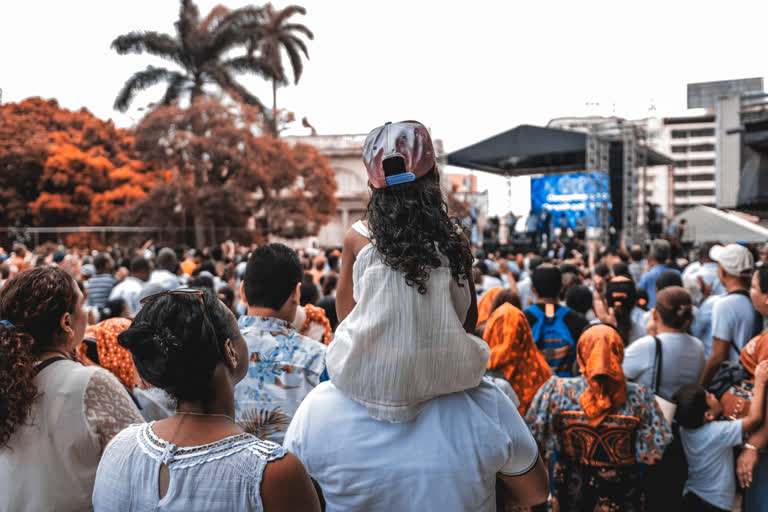Hyderabad: As the COVID-19 pandemic wreaks havoc across all nations, its implications on the global economy are widely being discussed. However, the pandemic might also leave a lasting impact on democracy around the world.
The outbreak comes in the backdrop of many developing nations already battling undemocratic practices, and the fight against the pandemic is throwing new equations, which might even impact the people-government relationship in the future.
Here are a few areas where the pandemic can have a lasting impact on democratic processes.
Concentration of power
As seen in various nations, the governments, seemingly in a bid to strengthen the fight against the pandemic, are giving themselves more power. More than 50 nations have declared a state of emergency, and unfortunately, governments in a few countries have taken undue advantage of the situation by attacking the opposition's rights. For example, Hungary has passed a law which grants the Prime Minister absolute power to rule by decree indefinitely.
Increased censoring
Many governments across the world have now even resorted to censoring information. While a check on what information is being shared is absolutely necessary, to ensure that misinformation is not peddled during times like these, what is being seen is undemocratic gags on the media in some nations. For instance, journalists in Thailand are facing lawsuits for questiong the government's action in wake of the pandemic.
Receding protests
While many ongoing anti-government protests, which were at their peak, were forced to retreat due to the social distancing measures to prevent the spread of COVID-19, it remains to be seen whether they will be able to come back with the same intensity once the situation normalises. Many also feel that the governments which have banned protests for now, may actually never allow them to come back.
Increased social engagement
While people are practicing social distancing to prevent the spread of the virus, that does not mean that they are socially disconnected. During the course of the pandemic, a number of self help groups, and initiatives by the people have come forward to help those in need -- without any government intervention. People are showing an increased affinity to the society, with many either directly or indirectly contributing towards a cause. This shows great signs ahead for the society as a whole, if people are willing to come together and work towards a cause.



